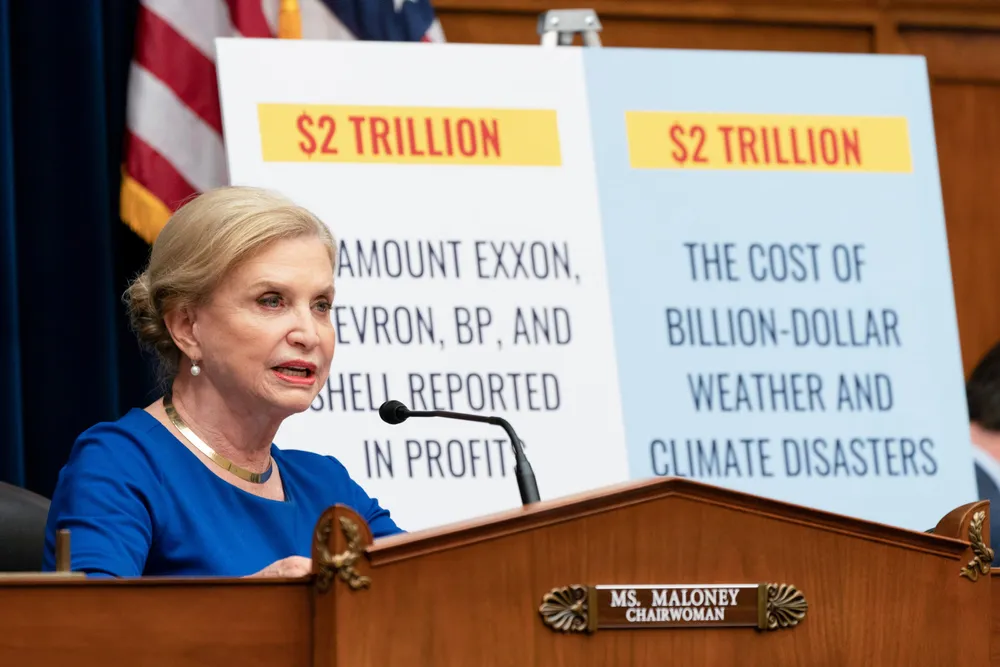Congressional inquiry: Oil execs deny spreading climate misinformation, but their firms now face subpoenas
Leaders from four oil companies and the API spoke before Congress about alleged climate misinformation campaigns

Leaders from four oil companies and the API spoke before Congress about alleged climate misinformation campaigns
